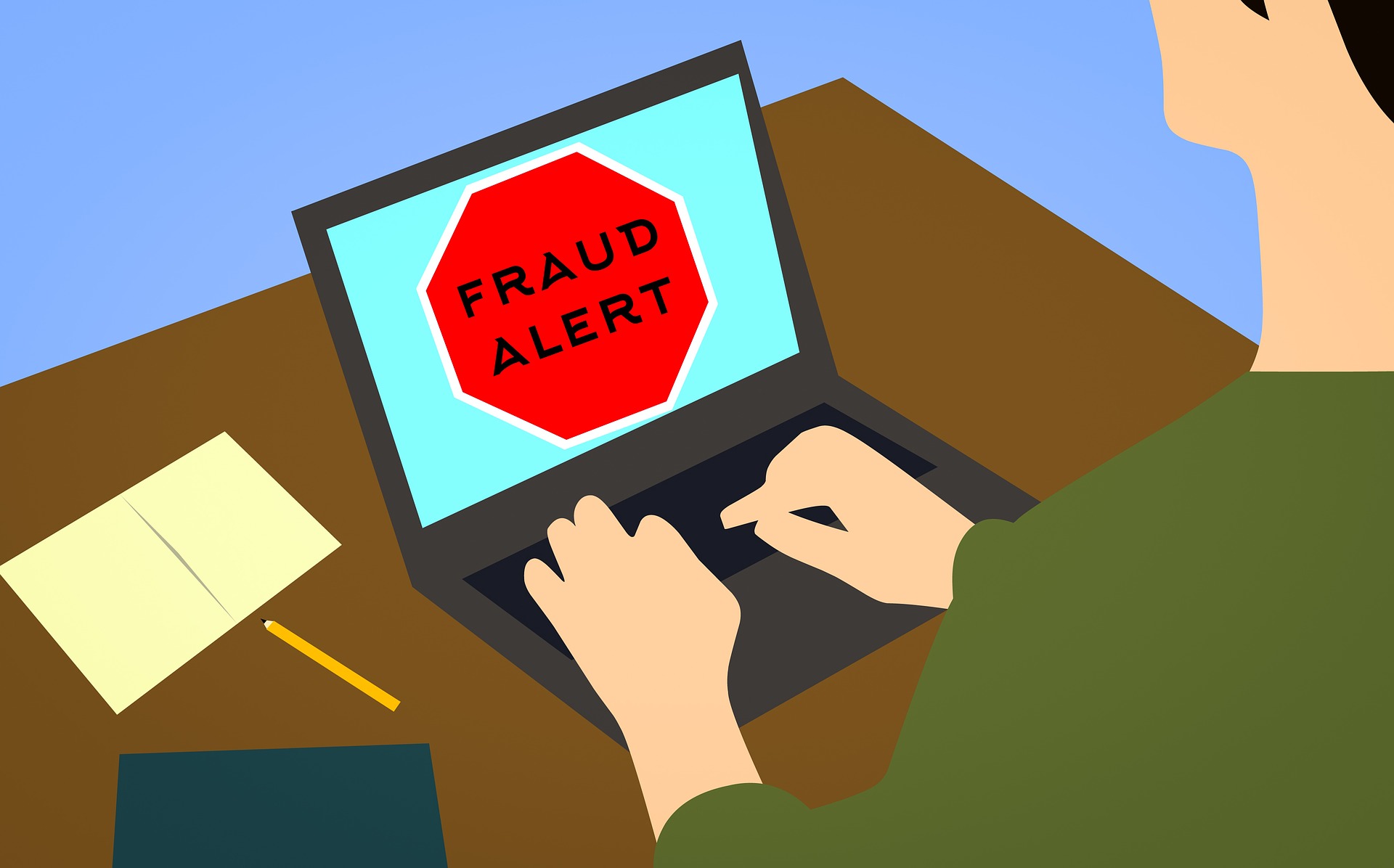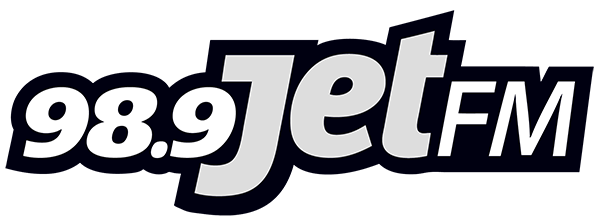The RCMP is sounding the alarm about fraudsters putting a new spin on old tricks.
Scammers are adapting to the new age by targeting people through phone and text messages.
They’re similar in context and can include scams such as offering free gifts, refunds or demands for immediate payment.
The fraudster will try to convince you that they’re from a legit company, and in some cases will hide their identity on caller ID so as to appear from trusted places like government agencies, phone/internet companies, or utility companies.
In some cases, they’ll become more demanding and may utter veiled threats if you refuse payment such as being arrested.
If you’ve been targeted by a fraudster, you’re not alone.
In April 2020, Canadians made 12,900 reports of fraud to the Canadian Anti Fraud Centre and the Better Business Bureau, an increase of 9,000 reports from the same month and year prior.
Common Phone and Text Messaging Scams include:
CERB Cheque Scam – A text message says you’ve received a deposit for the Canada Emergency Response Benefit and directs you to click an attached link.
Utility Services or Phone/Internet Company Scam – You’ll get a text saying that you are receiving a refund and provides an attached link.
Caller ID Spoofing Scam – The caller deliberately disguises their phone number to appear on caller ID in order to hide their identity. The caller does this to trick you into believing they are a legit company.
You can protect yourself from scammers by:
- Hanging up the phone right away if you get a suspicious call. Do not follow the prompts.
- Not responding to the calls or text messages to unknown or suspicious phone numbers. Research the company’s contact information independently and call the company to confirm.
- Not clicking on the attached links. They may lead you to fake websites.
- Not giving out your personal or financial information through the phone or text messages.
- Not responding to robocalls prompting you to push a number to be placed on a ‘do not call’ list.
Be aware that,
- Utility or Phone/Internet Companies generally do not collect credit card or bank account information over the phone, by email or by text.
- No government agency or bank will threaten to arrest you.
- No government agencies will request payment in Bitcoin, iTunes cards, gift cards or interact e-Transfers.
If you are a victim of fraud and lost money or given out your personal information, you’re asked to call your local police.
Record details of your interaction with the fraudster including phone numbers, email addresses and communication with the scammer.
Photographs or screenshots of the messages are helpful.
If you have not been a victim of fraud but have information related to scams you’re asked to call or email the Canadian Anti-Fraud Centre.






